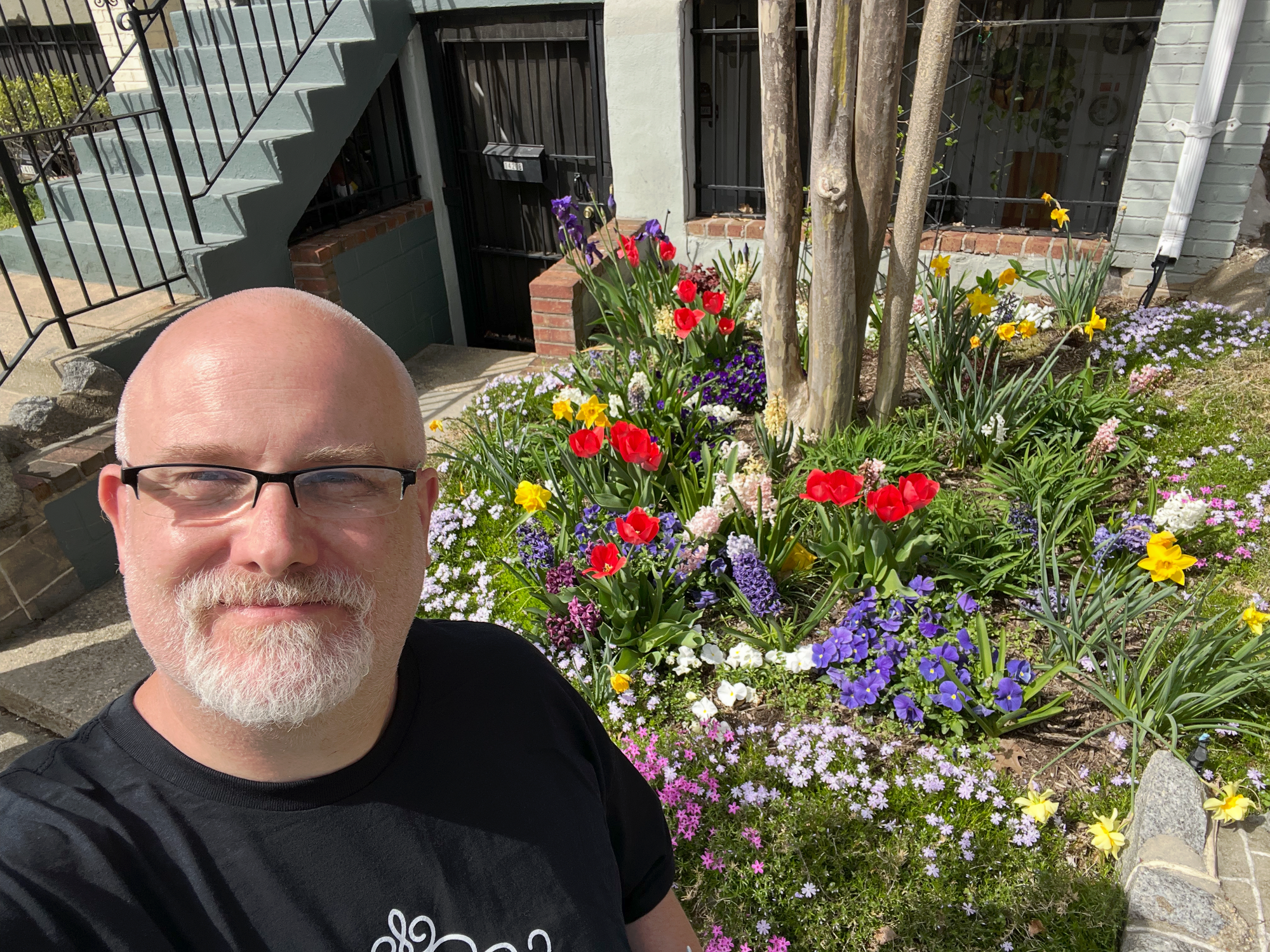
Welcome to my site
Subscribe below to receive my latest posts directly in your inbox
jamie@example.com
Subscribe

Subscribe below to receive my latest posts directly in your inbox